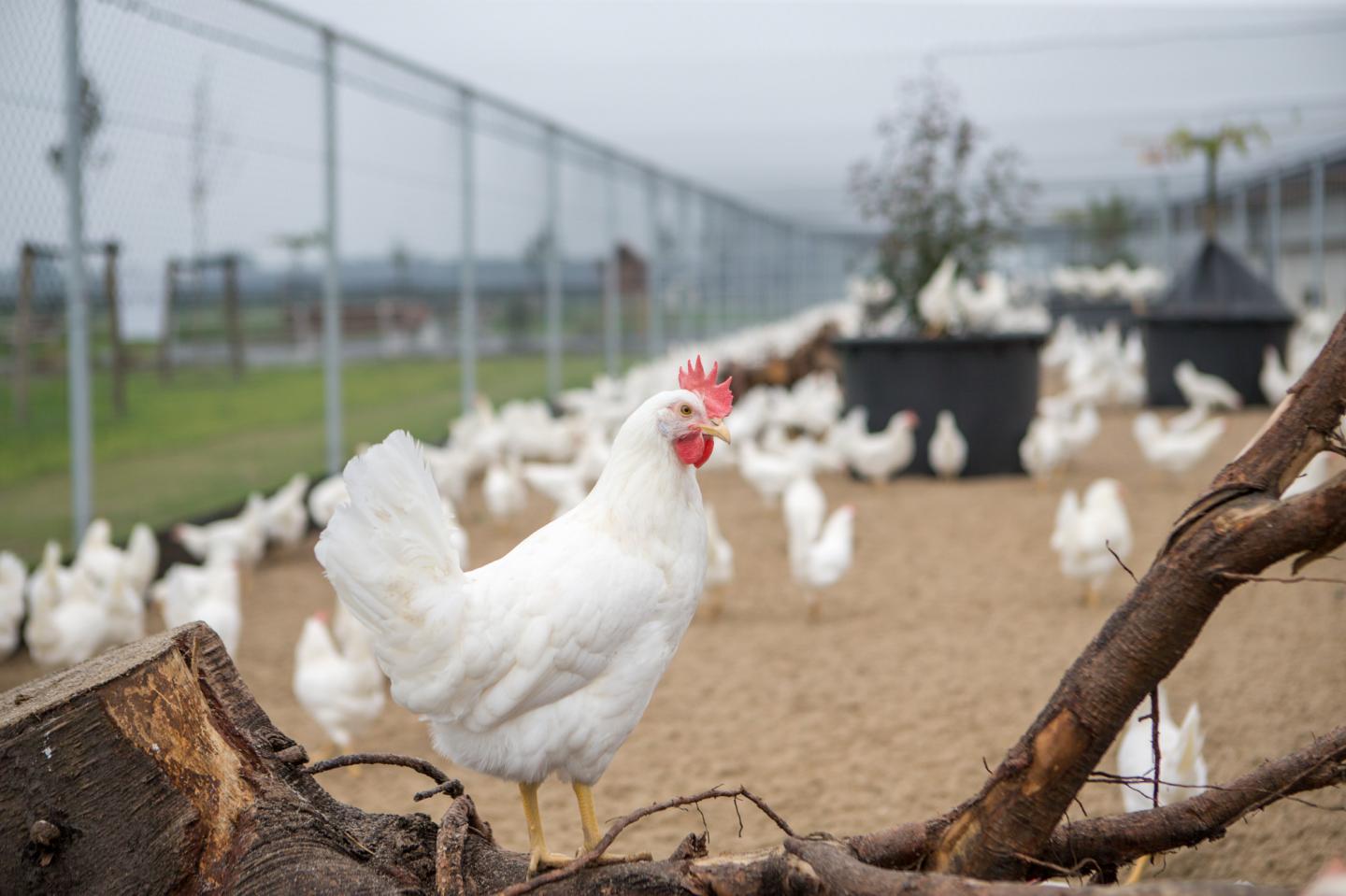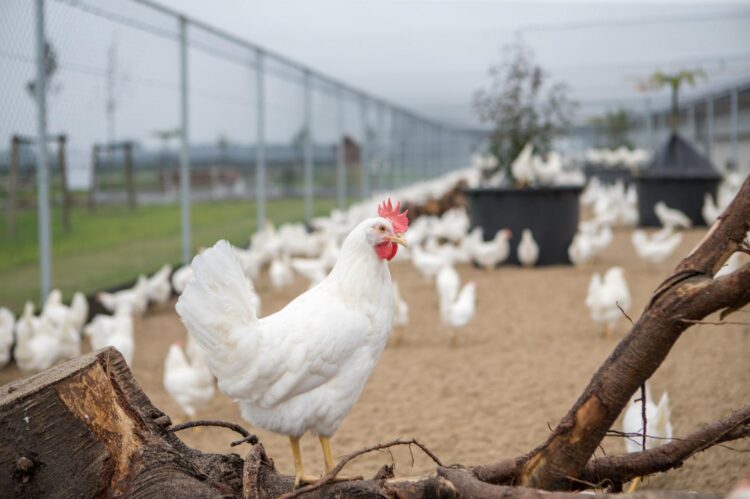Switch to cage-free alternatives for farm animals is possible, but only with appropriate supporting measures

Credit: Kipster
Between 2018 and 2020, 1,4 million EU citizens signed the petition ‘End the Cage Age’, with the aim of ending cage housing for farm animals in Europe. In response to this citizens initiative, the European Parliament requested a study by Utrecht University researchers on the possibilities to end cage housing. On 13 April, the scientists will present their report ‘End the Cage Age – Looking for Alternatives’ to the European Parliament.
In the report, behavioural biologists, animal scientists, veterinarians and ethicists from Utrecht University’s Faculty of Veterinary Medicine analysed the available scientific literature on alternatives to cage housing. “Our focus was on laying hens and pigs” says Bas Rodenburg, Professor of Animal Welfare at Utrecht University. “Because these are the species that are kept in the largest numbers, and cage-free alternatives are already available or in development for them.” For other species – such as dairy and veal calves and rabbits – the researchers give a brief overview of the current situation and possibilities.
Foraging, rooting and pecking
“Our report shows that ending cage housing has positive effects on the behaviour and welfare of animals,” Rodenburg says. “This is because animals in cage-free alternatives can exhibit their natural behaviour. Chickens and pigs are omnivores; they are normally foraging, rooting and pecking all day long. This behaviour is essential for these animals, but they need materials to rummage around in, such as sand, straw or wood shavings. That is difficult or impossible to achieve in cages.”
Regarding sustainability, no large differences in environmental, social and economic impact between cage housing and cage-free alternatives were found in studies published to date. However, the alternatives do pose new risks. For example a higher risk of infectious diseases and social unrest, like feather pecking. To successfully switch to cage-free alternatives, farmers must therefore be trained and learn to work with the new systems.
For some species, like mink or geese and ducks for the production of foie gras, there is no cage-free alternative. The proposed alternative would therefore be a ban on production and a European import ban.
So ending the cage age is possible – but how?
The study shows that the switch to cage-free alternatives is possible. But how can this actually be achieved? “It has to be made attractive for farmers to make the switch,” answers Rodenburg. “The required investments must result in added value for their products. And consumers must be prepared to pay a little more for this, so awareness is also needed among this group.”
In the short term, this calls for financial measures such as subsidies for new welfare-friendly systems and welfare labels on products, enabling consumers to shop more consciously. In the longer term, legislation could prohibit certain types of cage housing. Rodenburg: “One of our most important recommendations is to involve all stakeholders in the process, so they can design the new and improved livestock farming together.”
Presentation to the European Parliament
On Tuesday 13 April at 13:45 CET, two researchers from Utrecht University will present the report ‘End the Cage Age – Looking for Alternatives’ to the European Parliament: Bas Rodenburg, professor of Animal Welfare at Utrecht University, and Maite van Gerwen, project manager of the Centre for Sustainable Animal Stewardship at Utrecht University.
The presentation will be streamed live and can be followed by everyone (and watched later) via https:/
The petition itself will be debated in parliament on 15 April.
Download the report (PDF): https:/
###
Media Contact
Iris Kruijen
[email protected]
Original Source
https:/





